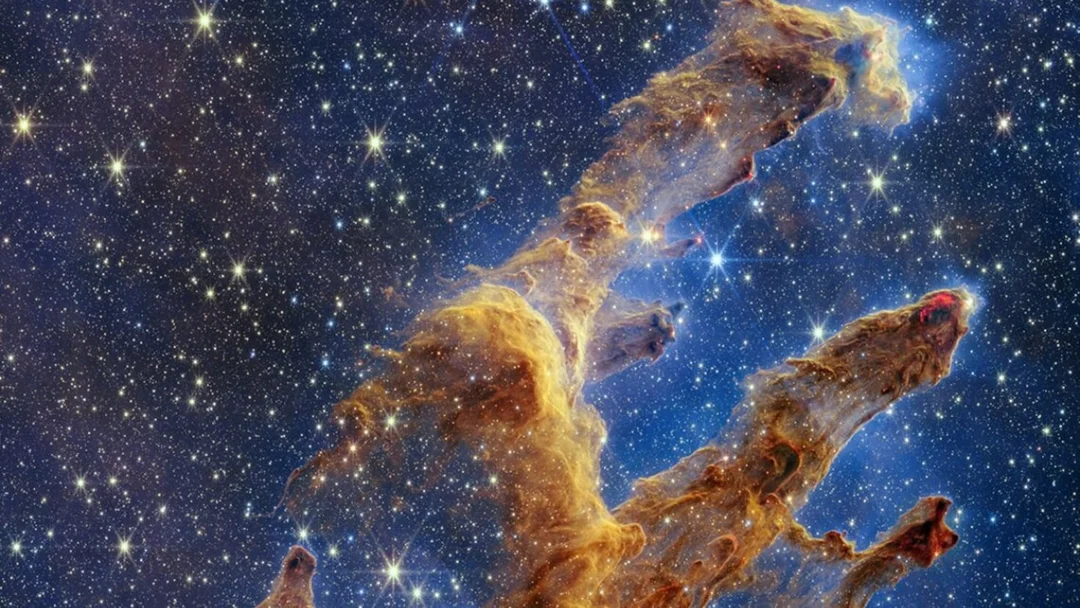
Stephen Hawking’s Prediction Confirmed: Universe’s ‘Death Date’ Slashed by Scientists
Get ready to contemplate the cosmos! New research suggests the universe might be facing its end sooner than previously thought, sending ripples through the astrophysics community. While the original timeline stretched to an almost incomprehensible 10 to the power of 1,100 years, scientists are now estimating a 'death date' of roughly 10 to the power of 78 years. What sparked this dramatic revision, and what does it mean for our understanding of the universe?
A team of researchers from Radboud University in the Netherlands, inspired by the work of the late Stephen Hawking, delved into the mysteries of Hawking radiation to refine our estimation of the universe's lifespan. Their findings, published in the Journal of Cosmology and Astroparticle Physics, focus on the decay of celestial objects, notably **white dwarf stars**, the incredibly dense remnants of stars similar to our Sun.
Hawking radiation, a concept proposed by Stephen Hawking, posits that black holes slowly evaporate as they leak radiation. The Radboud scientists extended this theory to white dwarfs, considering them the most durable objects in the universe. By calculating their “evaporation time,” they arrived at the revised 'death date' for the universe. Lead author Heino Falcke stated, "The final end of the universe is coming much sooner than expected but fortunately it still takes a very long time."

This research isn’t just about predicting a distant future; it's also about understanding the fundamental physics that govern our universe. Co-author Walter van Suijlekom explained, "By asking these kinds of questions and looking at extreme cases, we want to better understand the theory, and perhaps one day, we can unravel the mystery of Hawking radiation."
Interestingly, the scientists found that neutron stars and stellar-mass black holes are predicted to decay over similar timescales, approximately 10 to the power of 67 years. This was somewhat unexpected since Black Holes have a stronger gravitational pull, but they also reabsorb some of their own radiation, which is what slows down the process.
While the universe's end is still unimaginably far in the future, other threats loom closer to home. Scientists predict our own sun will become too hot to support life in about a billion years, eventually engulfing the Earth in its fiery expansion billions of years later.
This research also dovetails with other recent studies on **dark energy**, a mysterious force that makes up nearly 70% of the universe. Some scientists believe that if **dark energy** weakens over time, the universe could one day stop expanding and collapse in a "Big Crunch."
Although humankind will likely be long gone before the universe faces its final fate, these calculations highlight the delicate balance of cosmic forces that shape our existence. The study, while seemingly abstract, underscores the importance of understanding Hawking radiation and other fundamental aspects of physics.
What are your thoughts on this revised cosmic timeline? Does it make you feel insignificant, or does it spark a sense of wonder at the vastness of the universe? Leave your comments and share your perspective below!